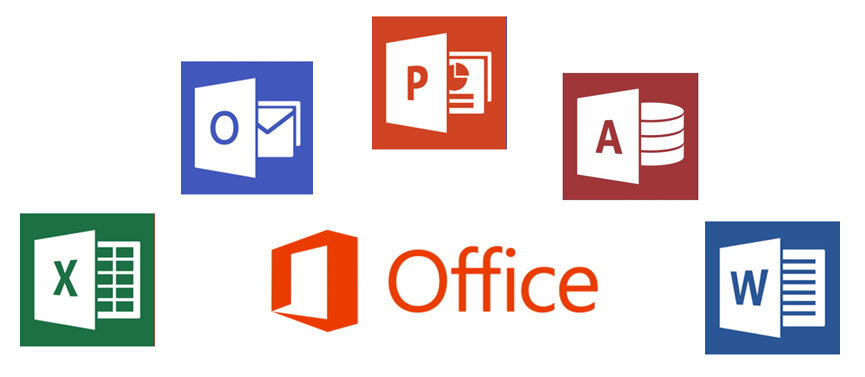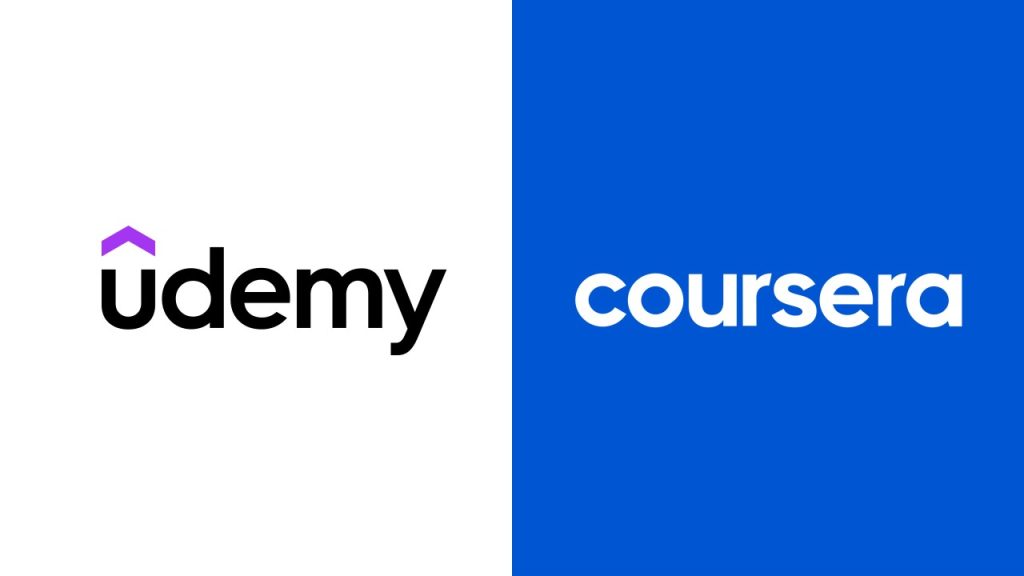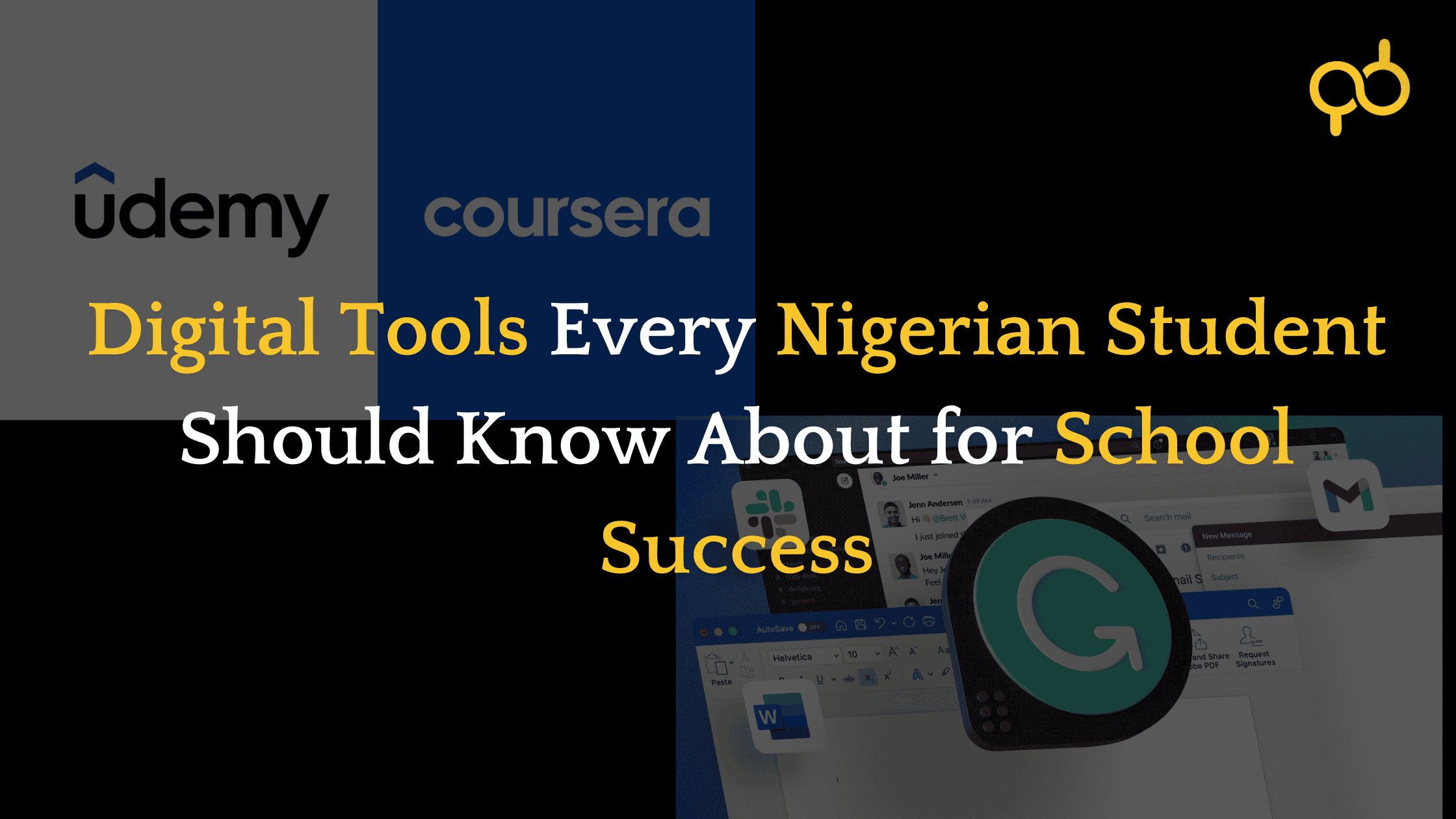As Nigerian students transition from secondary school to university, it’s crucial to be equipped with the right digital tools to enhance their learning experience. In today’s fast-paced educational environment, leveraging technology can make studying more effective, organized, and enjoyable. Below are essential apps, websites, and software that every Nigerian student should know about to boost academic performance.
1. Google Classroom & Google Drive
Google Classroom has become a leading platform for virtual learning and collaboration. Many secondary schools and universities now use it to assign work, submit assignments, and communicate with students. Its integration with Google Drive allows students to store and organize notes, assignments, and projects in one place. Drive offers free cloud storage, making it easy for students to access important files from any device, whether in school or at home.

2. Khan Academy
For students who need help in subjects like Mathematics, Science, and Economics, Khan Academy offers a comprehensive, free online learning platform. It provides video tutorials, exercises, and interactive learning tools that break down complex topics into understandable segments. This can be especially helpful for preparing for exams like WAEC and JAMB, giving students a solid foundation before entering university.
3. Quizlet
One of the best apps for studying and memorization is Quizlet. This app allows students to create digital flashcards, which are great for revising vocabulary, definitions, and key terms. It also offers games and quizzes to make studying engaging and interactive. Whether preparing for exams or memorizing facts, Quizlet’s versatile study modes can help students retain information more effectively.
4. Microsoft Office Suite (Word, Excel, PowerPoint)
The Microsoft Office Suite is indispensable for secondary and university students. Word is essential for essay writing, while Excel is useful for analyzing data, especially for science and business students. PowerPoint is a powerful tool for creating presentations. Learning how to use these tools efficiently prepares students for academic tasks such as writing papers, creating presentations, and handling data.

5. Udemy & Coursera
Udemy and Coursera are online learning platforms offering thousands of courses across various subjects, from coding to business, design, and more. As students transition to university, they can use these platforms to learn new skills outside of the traditional classroom setting. Whether it’s learning how to code, improving public speaking, or understanding entrepreneurship, these platforms offer accessible education from global experts.
6. Grammarly
Grammarly is an invaluable tool for improving writing. Whether working on essays, assignments, or emails, Grammarly helps students check for spelling, grammar, and punctuation mistakes. It also provides suggestions for improving sentence structure and clarity, ensuring that students submit polished, error-free work. This tool is especially helpful for students transitioning to university, where writing quality becomes more important.
7. Blended Learning & Study Center (JAMB and WAEC)
Blended Learning & Study Center is a platform specifically designed for Nigerian students preparing for exams like WAEC and JAMB. It provides past questions, mock tests, and study materials tailored to the Nigerian curriculum. Students can practice with real exam questions, track their progress, and improve their chances of success in these critical exams.
8. Evernote
For students looking to organize their notes, Evernote is a versatile app that allows users to take notes, clip web articles, and create to-do lists. The app syncs across multiple devices, so students can access their notes wherever they are. With the ability to attach documents, images, and audio recordings, it’s a great tool for keeping track of important class notes and study materials.
Conclusion
In today’s digital age, Nigerian students transitioning from secondary school to university must embrace the power of technology to succeed. From productivity tools like Google Drive and Microsoft Office to learning platforms like Khan Academy and Coursera, these digital resources can help students study more effectively, stay organized, and improve their academic performance. By incorporating these essential apps, websites, and software into their daily routines, students can develop the skills they need to excel in school and beyond.
